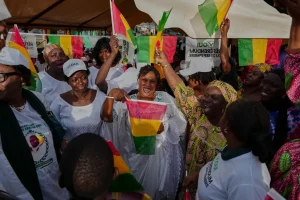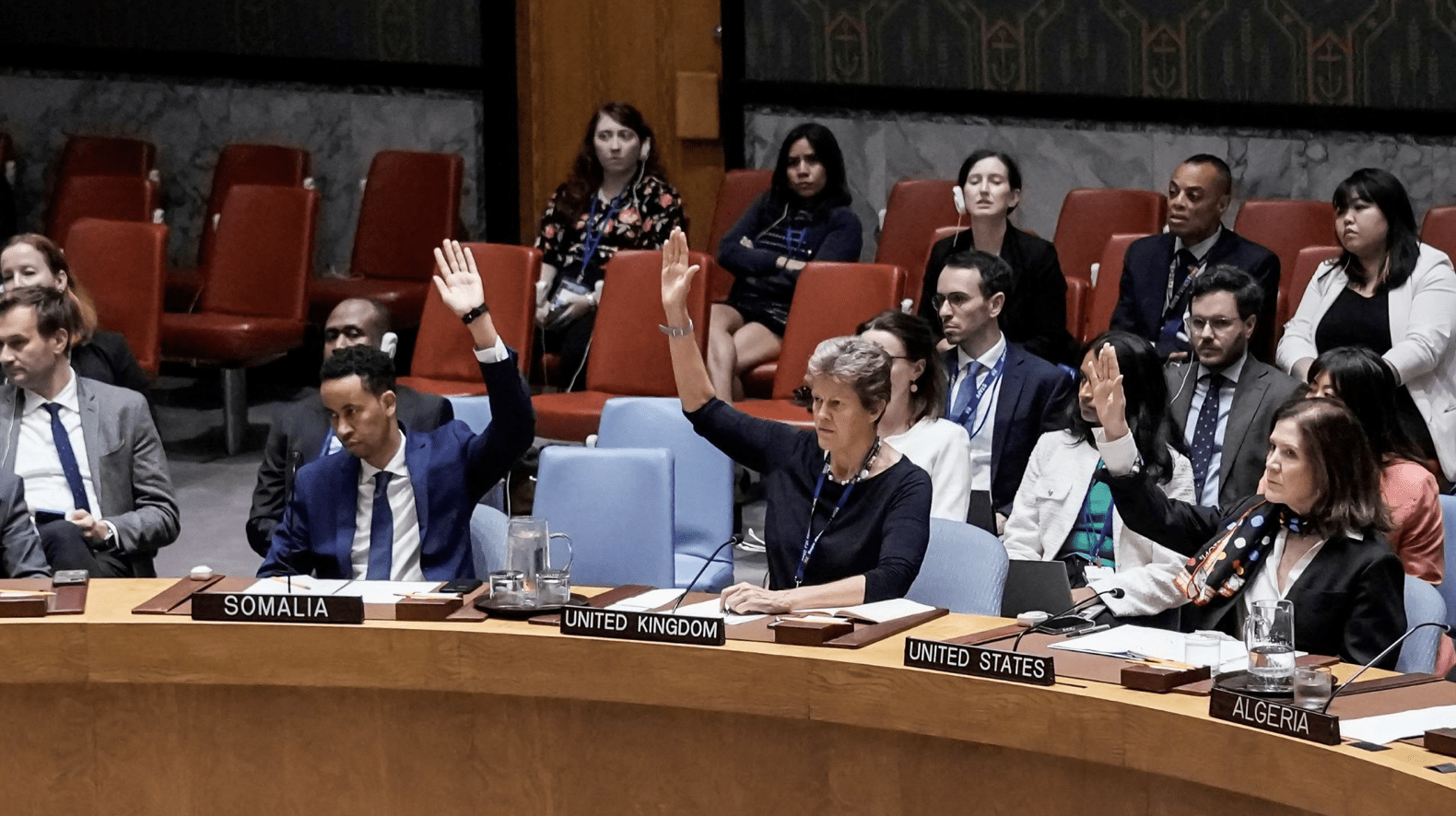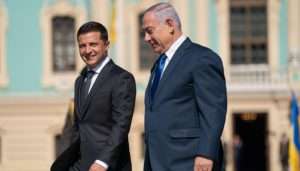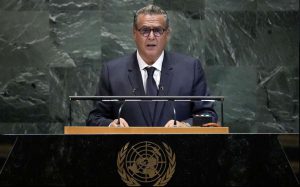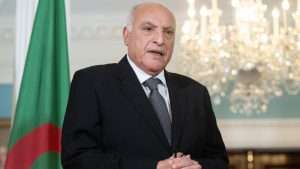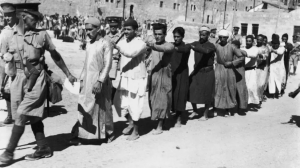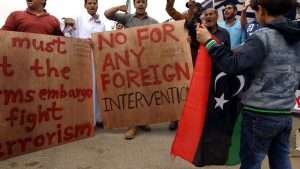UK urged to acknowledge colonial-era crimes in Palestine

UK urged to recognise crimes committed by the colonial-era British government of Palestine.
Palestinians are seeking an apology from the UK over alleged war crimes committed during the time Palestine was under British control, the BBC reported on September 26th.
The calls come amid the UK government’s decision to formally recognise a Palestinian state, joining Canada, Australia and Portugal.
A 400-page legal petition was submitted by the group to the Foreign Office earlier in September. The petition sought an official apology as well as reparations from the UK.
The group represents 13 families who say they faced violence, exile or repression during the British Mandate in historical Palestine between 1917 to 1948.

Victor Kattan, who speaks for the group, said the government had a responsibility to acknowledge what took place “to advance understanding and knowledge” about its past.
Although he welcomed the UK’s recognition of Palestine, he argued that the UK has still not fully addressed its actions in the past. Katten said: “Britain denied self-government to the Palestinian community… It empowered a high commissioner to behave like a dictator, [and] Palestinian people bore the brunt.”
Prof Kattan, an expert in public international law expert at the University of Nottingham, said: “Recognition alone does not deal with all these historic problems which for Palestinians are not history but the living reality to this day.”
British colonial forces have been accused of a range of abuses, including murder, torture, expulsion and collective punishment. The petition says these alleged offences repressed the Palestinian Arab population and ultimately constituted war crimes and crimes against humanity. Palestine’s mandate came tied to the 1917 Balfour Declaration.
An insurgency, termed the “Arab Revolt” erupted against British rule from 1936 until 1939. It was brutally tackled by the British, leaving around 10% of the adult male Arab Palestinian population killed, wounded, jailed or exiled, according to one estimate.
Israel officially achieved independence from Britain on May 14th, 1948; Palestinians mark the anniversary of the Nakba, or “catastrophe”, on May 15th. The Nakba is the name given to the ethnic cleansing and displacement of more than 750,000 Palestinians.
Palestinians expelled during the Nakba and their descendants have a right of return under international law; however, Israel has blocked any attempts to exercise this right.
Israel seized territories, including the West Bank, Gaza Strip and East Jerusalem, during the 1967 Middle East war; an estimated 700,000 Israeli settlers are believed to currently reside in the West Bank and East Jerusalem.
Despite the expansion of Israeli settlements being recognised as illegal under international law, Israel has continued plans to build more settlements in the occupied territories.
What’s more, the UK has come under pressure to revoke the charity status of the Jewish National Fund (JNF), over its involvement in funding illegal Israeli settlements as well as the Israeli military.
The British government has previously faced pressure to expel the then Israeli ambassador to the UK, Tzipi Hotovely, who reportedly referred to the Nakba as an “Arab lie”.
Hotovely was a vocal opponent of efforts to form a Palestinian state, and reportedly met with pro-Israel MPs throughout Israel’s war on Gaza, which was declared a genocide by the UN on September 16th.
BBC, Maghrebi.org
Want to chase the pulse of North Africa?
Subscribe to receive our FREE weekly PDF magazine





